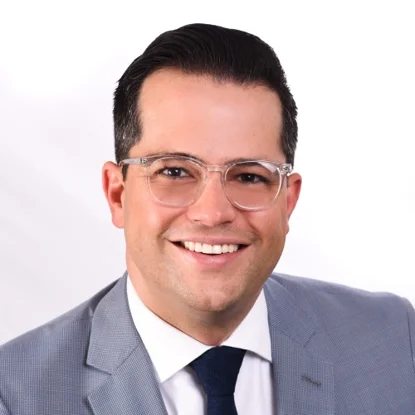Ideally, someone who manages their estate will make their loved ones aware of the steps they took. Unfortunately, this is not always the case. Sometimes, when someone passes, their survivors must determine whether they properly planned their estate.
Confirming the existence of a valid will is crucial for settling an estate according to the decedent’s wishes. A will serves as a legal document outlining the deceased’s intentions regarding the distribution of their assets and care of any minor children.
Without a valid will, the estate may be subject to the intestate succession laws of California. These laws control distribution among surviving relatives, regardless of the decedent’s wishes.
A valid will provides clarity and direction, reducing potential conflicts among heirs. It ensures a smoother probate process and the fulfillment of the decedent’s final requests.
Here are some tips for helping you determine whether your deceased loved one had a valid will in the state.
Understanding Wills vs. Trusts: Key Differences
When someone properly plans their estate, they create a will, a trust, or both.
Here are some key differences between these two major forms of estate planning:
- Wills
- Purpose: A will is a legal document that outlines how a person’s assets and property should be distributed after their death.
- Process: Wills must go through probate court to be validated and executed, a process that determines their legality and enforces the terms specified.
- Recording: Once admitted to probate, wills become part of the public record, accessible through court records.
- Trusts
- Purpose: A trust is a legal entity where assets are held and managed by a trustee. Trusts are created for the benefit of the beneficiaries designated in the trust document.
- Process: Trusts can help avoid probate if assets are properly titled in the name of the trust, providing privacy and potentially faster asset distribution.
Determining which of these two your loved one implemented will help you discover whether there is a valid will in place.
Will the State Have a Record of a Will?
Wills are not typically recorded with the county during the decedent’s lifetime. They become public records only when admitted to probate.
This lack of record makes confirming the existence of a will challenging for loved ones. In California, the absence of official records can complicate the situation. Survivors may need to conduct an extensive search to find whether a will exists.
Locating Will Documents
Here are some tips for locating a will after someone passes:
- Search at Home
Check the decedent’s records, safe deposit box, or home office. Look for a copy of the will or evidence of consultations with an estate planning attorney. - Work with a Probate Court
Once you learn of the decedent’s passing, you can search probate court records where they lived. Doing so will help you determine if a will has been filed for probate. - Contact the Estate Planning Attorney
If the decedent was working with a lawyer, you can ask this attorney about the existence of a will and its location.
Whether you’re searching for a will, navigating probate proceedings, or facing challenges in estate administration, OC Trial Group is here to provide guidance and advocacy. Contact us today for a consultation. We can help protect your interests and honor your loved one’s legacy with confidence. You can reach us online.

